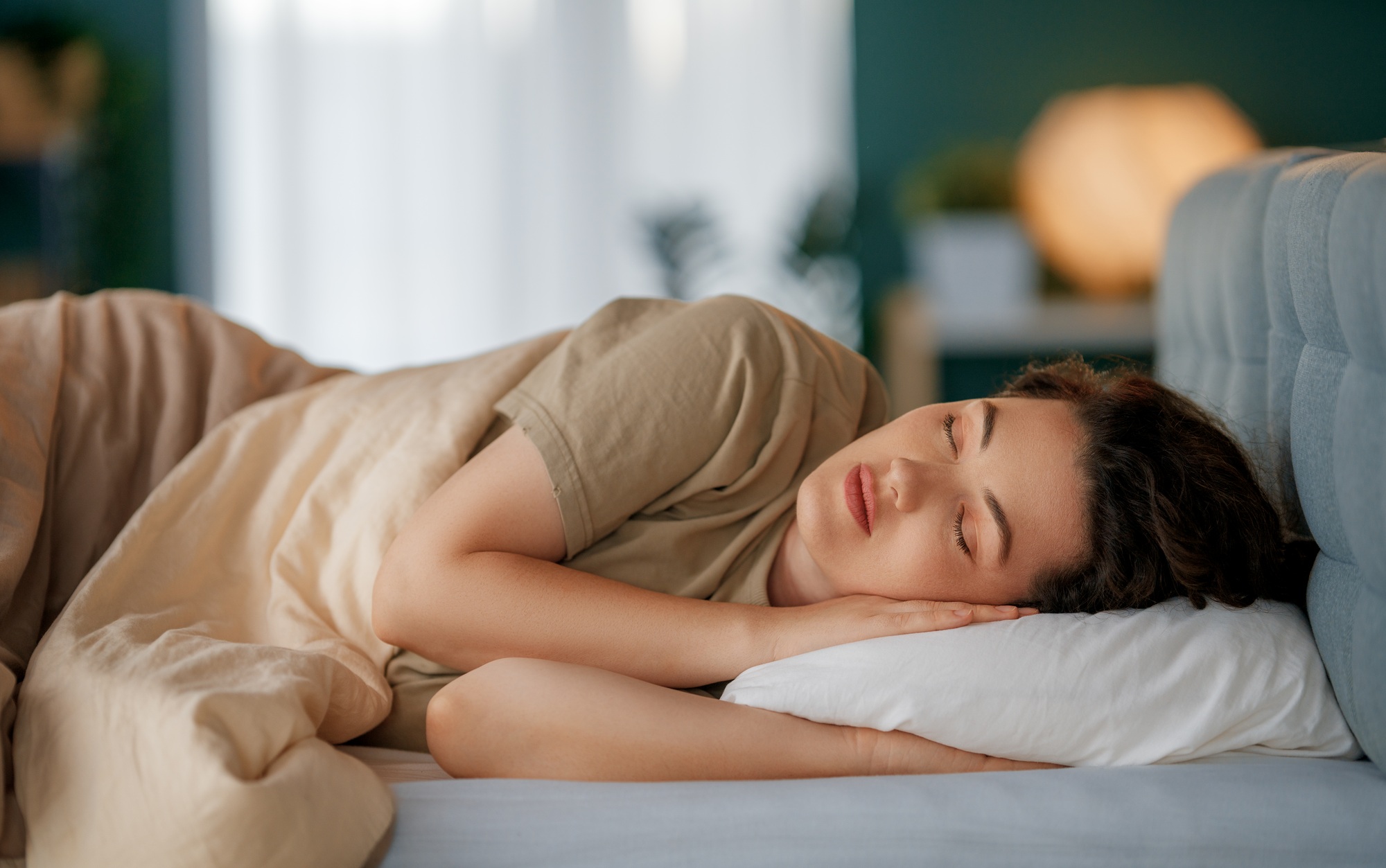Have you ever woken up after a rough night of sleep, looked in the mirror, and noticed red, tired-looking eyes? It’s no surprise—sleep and eye health go hand-in-hand. Sleep isn’t just about restoring your energy; it also plays a major role in keeping your eyes healthy and your vision sharp.
Whether you’re a health enthusiast or someone just trying to keep those late-night Netflix sessions in check, understanding how sleep quality affects your eyesight could be a game-changer.
This post will uncover how proper and improper sleep can impact your vision and give you practical tips to protect them.
The Role of Sleep in Eye Health
Sleep is like a spa day for your eyes. During those precious hours of rest, your eyes finally get a chance to recover from all the strain you’ve put them through—be it endless scrolling, battling bright computer screens, or just dealing with the dust and dryness of the day.
While you sleep, your body does incredible things for your eyes:
- It repairs tiny tissues and replenishes essential nutrients.
- Tears get balanced, which helps keep your eyes moisturized.
- Waste products like toxins and cellular debris that accumulate throughout the day are cleared away.
But when sleep is compromised—whether in quality or quantity—your eyes don’t get the downtime they need. Without enough rest, they may struggle to perform their daily functions, leaving you with anything but a “fresh look.”
Effects of Improper Sleep on Vision
If you’ve pulled an all-nighter or had a few restless nights, you’ve probably felt the effects on your eyes. Here’s what to watch out for in both the short and long term.
Short-term Effects
- Redness and Dryness: Lack of sleep can disrupt tear production, causing dry and irritated eyes.
- Eye Strain and Twitching: Ever experienced that weird, involuntary twitch? Yeah, poor sleep often triggers it.
- Blurred Vision: Trouble focusing? Sleep deprivation can temporarily mess with your visual sharpness.
Long-term Effects
Improper sleep doesn’t just stop at short-term discomfort—it could lay the groundwork for more serious eye conditions over time.
- Risk of Eye Diseases: Consistent sleep deprivation is linked to an increased risk of glaucoma, a disease that can damage your optic nerve.
- Digital Eye Strain Worsened: Poor sleep disrupts your circadian rhythm, making your eyes more sensitive to blue light exposure during the day.
Systemic Impacts
Sleep problems like sleep apnea can contribute to specific eye conditions. For instance, floppy eyelid syndrome (yes, it’s an actual thing) or increased risk of glaucoma has been observed in individuals with untreated sleep apnea.
Benefits of Proper Sleep for Your Vision
The good news? Prioritizing proper sleep can do wonders for your eyes!
- Balanced Tear Production: Healthy tear production reduces dryness, making your eyes feel comfortable throughout the day.
- Reduced Eye Strain: Rested eyes are better at focusing and handling long hours in front of screens.
- Lower Risk of Chronic Issues: Proper sleep helps reduce inflammation, keeping eye diseases like glaucoma at bay.
Your eyes—and probably your overall mood—will thank you for every uninterrupted hour of rest you can give them.
Prioritize Your Sleep—and Your Vision
Your eyes are hard workers, processing endless information and bringing your world into focus. Giving them the rest they need is one of the best ways you can protect your vision and overall well-being.
Small changes, like limiting screen time or sticking to a bedtime routine, can make a big impact—not just on how you feel each day, but on your long-term eye health.
If you’re struggling with consistent sleep or suspect another issue might be affecting your vision, don’t wait—consult a healthcare provider or a vision specialist for guidance. After all, your eyes deserve the same TLC as the rest of your body.
Sleep well, see well!







